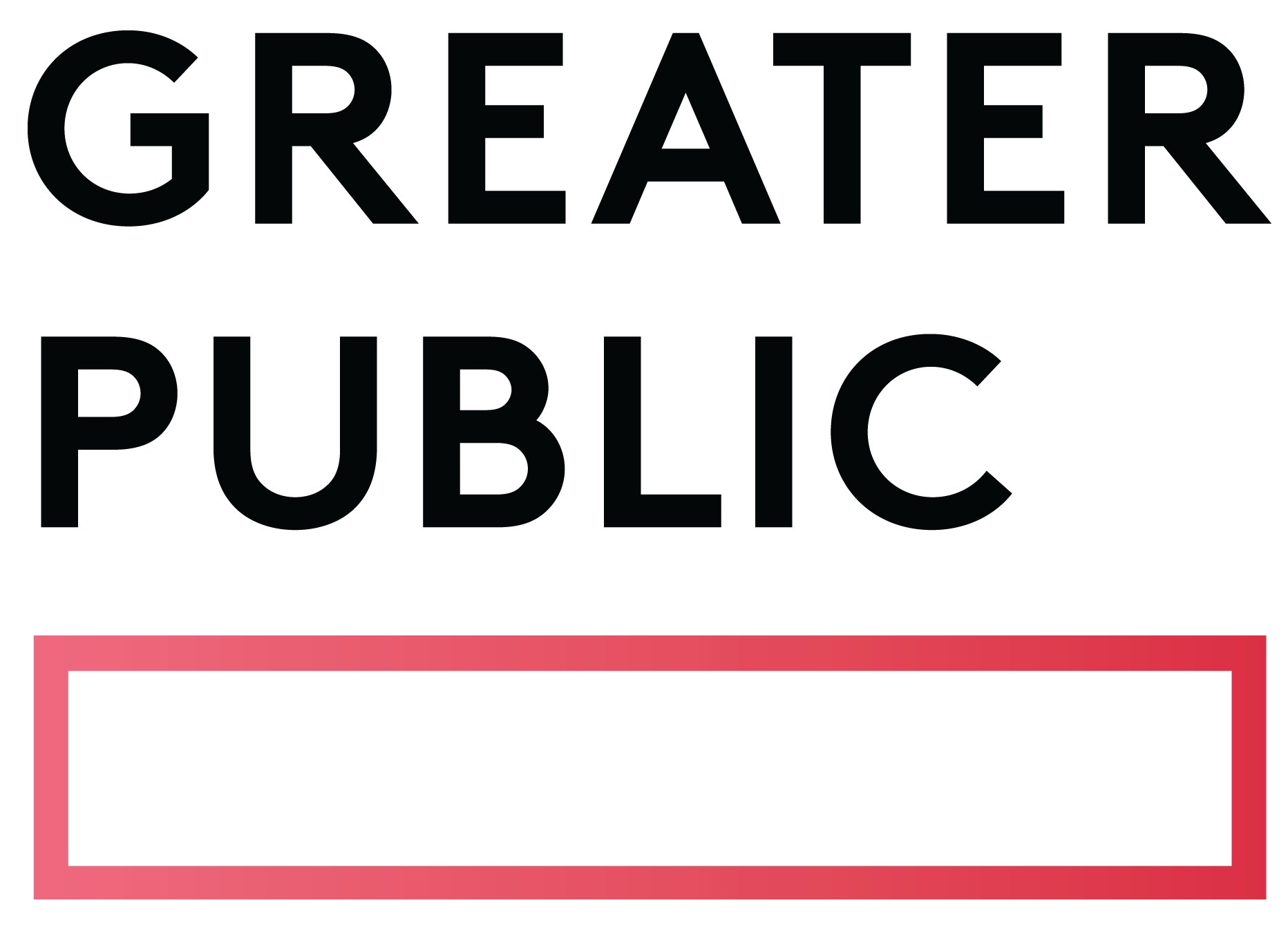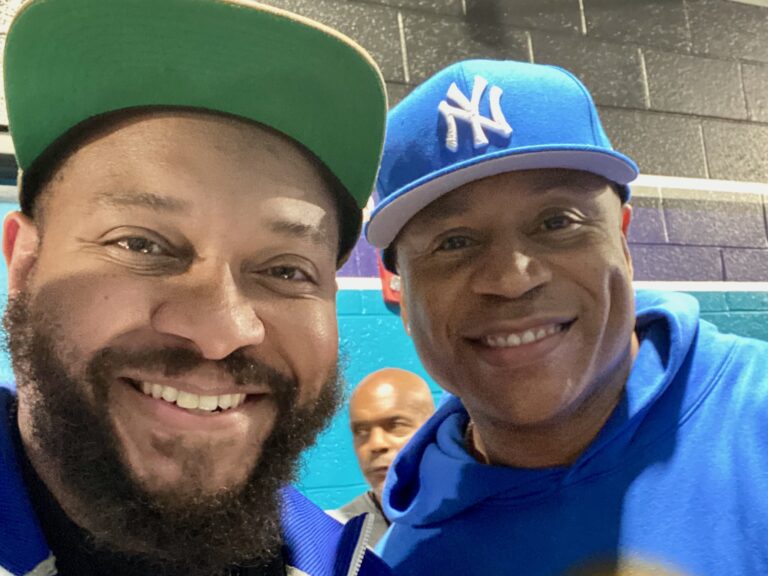What’s your image of an inclusive manager?
A lot of staff nowadays define an inclusive manager as “someone who listens and makes me feel like I belong.” But if you’re a manager, you may be wondering, “How can I possibly be in charge of how people feel?”
It’s a good question, and one with a complex answer because management is inherently a complex skill set. And yet few of us are trained on how to be a good manager. Even less so in the media, where someone may be given managerial responsibilities based on their reporting chops or fundraising prowess rather than a desire to manage people. And yet, that’s what most managers are tasked with, even if it’s just one direct report.
When faced with this quandary of trying to lead without being trained on how to lead, most people pull from their own experience. They either think of their best manager and try to emulate them, or in more cases than not, they remember their worst manager and try to do the exact opposite.
I know I fall into this trap of allowing lived experience to color my actions. I hated being micromanaged, and so I refused to do it with any direct report. For the most part, that strategy worked, but there were some cases where it didn’t, and it wasn’t because the person I was managing was incompetent or “wrong.” It was because my management style didn’t match their needs.
The biggest learning I received from working with Shilpa Alimchandani, Principal at Brevity & Wit and co-facilitator of the Inclusive Manager Program with Greater Public, is that managers need to match their leadership style to the development and motivation of their direct reports. In other words, they need to evoke Situational Leadership.
Developed by Dr. Paul Hersey and Kenneth Blanchard, the model is predicated on the belief that there is no “best” style of leadership, but is based on the situation – particularly the skills and motivation of an individual for each task.
For example, if a manager manages someone who is highly motivated but does not have the skills to perform a task, the manager needs to provide clear direction and skill development. If the same person has low skills and low motivation for another task, the manager needs to both inquire about what’s contributing to the lack of motivation as well as provide clear expectations about what a good job looks like. When an individual displays high motivation and high skill set for a task, managers can begin to delegate responsibilities to them with ease. And for tasks where the same individual may have high skills but low motivation (like filling out expense reports), the manager needs to provide motivation and team morale for completing the task.
(For jargon-lovers, here’s a video with a more academic discussion of situational leadership.)








